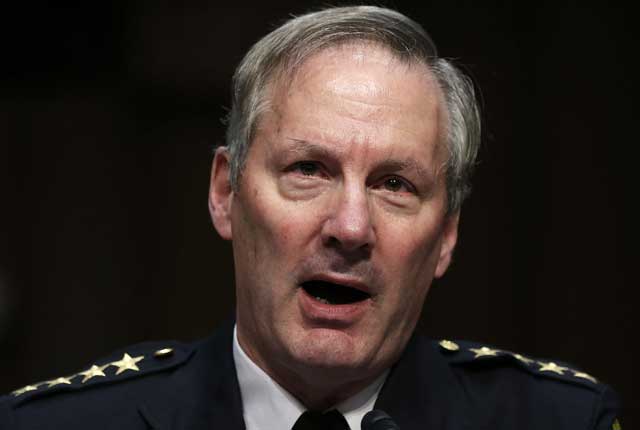Have you ever called 911 on the cops? That’s what African-American mom Lisa Mahone did after Hammond, Ind., police officers pulled her and her family over last year for a seatbelt violation. Cell-phone video of the incident went viral. But WBEZ’s "This American Life" expands the story by following up with Mahone and getting audio from her conversation with an incredulous 911 dispatcher, too, all in an effort to highlight something larger: the Grand Canyon-sized gulf between how police officers (and, perhaps, TAL’s mainstream audience) and many African-Americans view the same incident. Mahone’s exchange with the dispatcher opens Part One of TAL’s insider’s look at how "Cops See It Differently", set in Milwaukee.
Unsurprisingly in Milwaukee as in elsewhere, past and current police abuses or incompetence as well as arrest disparities cast a heavy shadow on all interactions between police and African-Americans. Trust is built in inches and lost in miles, it seems. But by the end of the episode I wondered, too: Do black and brown communities need police officers to be friendlier, or do they need officers, when wrong, to be held accountable by their city? And if improving police accountability is a measure of political power, can highly policed, low-income black and brown communities achieve that goal, locally, on their own?
The episode is worth the listen, as is last Friday’s Part Two, which covers last week’s unprecedented race speech from FBI director James Comey. The episode revisits the Eric Garner video and moves from Staten Island, N.Y. to Miami Gardens, Fla. and Las Vegas for a look at police-community relations there.
